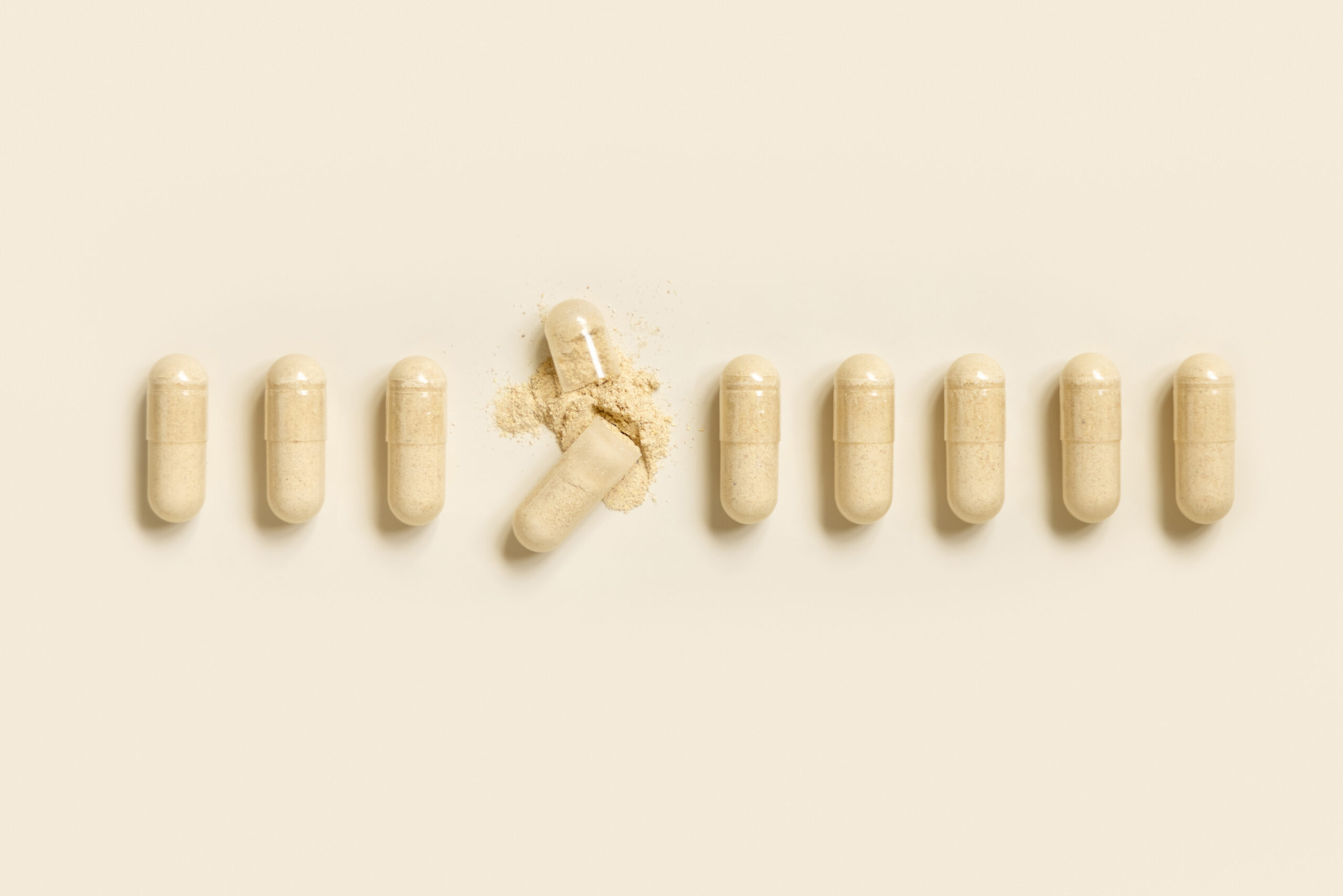Managing ADHD can be challenging, but exploring natural supplements like Vitamin B Complex might offer some support. Vitamin B Complex is a group of essential nutrients that can play a significant role in maintaining overall health and boosting brain function.
What is Vitamin B Complex?
Vitamin B Complex isn’t a single vitamin but a family of eight different B vitamins:
- B1 (Thiamine): Supports energy levels and nerve function.
- B2 (Riboflavin): Helps with metabolism and cell function.
- B3 (Niacin): Converts food into energy and supports skin health.
- B5 (Pantothenic Acid): Involved in hormone production and metabolism.
- B6 (Pyridoxine): Essential for brain development and neurotransmitter production.
- B7 (Biotin): Promotes healthy hair, skin, and nails.
- B9 (Folate or Folic Acid): Important for cell growth and DNA formation.
- B12 (Cobalamin): Maintains nerve health and helps produce red blood cells.
How Vitamin B Complex Can Help with ADHD
Research suggests that Vitamin B Complex can offer several benefits for those with ADHD. Here’s a closer look at the science behind it:
Boosting Neurotransmitters
One of the most significant ways Vitamin B Complex can help with ADHD is by supporting neurotransmitter production. Neurotransmitters like dopamine and serotonin play crucial roles in mood regulation, attention, and focus.
- B6 (Pyridoxine): This vitamin is particularly important for the synthesis of neurotransmitters. B6 is a cofactor in the production of serotonin, dopamine, and GABA, all of which are vital for mood and cognitive function. Low levels of B6 have been associated with ADHD symptoms such as irritability and difficulty concentrating.
- B12 (Cobalamin): B12 supports the formation and maintenance of the myelin sheath, which protects nerve fibers and ensures efficient transmission of nerve impulses. This is crucial for the smooth functioning of the brain and nervous system.
Enhancing Energy
B vitamins are essential for converting the food we eat into usable energy, which can help reduce the fatigue often associated with ADHD.
- B1 (Thiamine) and B2 (Riboflavin): These vitamins are critical for carbohydrate metabolism, which is a major source of energy for the brain. Adequate levels of thiamine and riboflavin can help improve mental energy and stamina.
- B3 (Niacin): Niacin helps convert carbohydrates into glucose and is involved in the production of ATP (adenosine triphosphate), the energy currency of cells. This can help maintain energy levels throughout the day.
Supporting Brain Function
The B vitamins are vital for maintaining healthy brain function, which is particularly important for individuals with ADHD.
- B9 (Folate): Folate is crucial for DNA synthesis and repair, as well as for the production of neurotransmitters. Low levels of folate have been linked to cognitive impairment and mood disorders.
- B5 (Pantothenic Acid): This vitamin is involved in the synthesis of coenzyme A, which is essential for the production of acetylcholine, a neurotransmitter important for learning and memory.
Getting More Vitamin B Complex in Your Diet
Incorporating Vitamin B Complex into your routine is simple:
- Eat a Balanced Diet: Include whole grains, lean meats, fish, eggs, dairy, nuts, seeds, and leafy greens.
- Consider Supplements: Talk to your healthcare provider about adding a Vitamin B Complex supplement.
- Diversify Your Food Choices: Aim for a variety of B-rich foods to ensure you’re getting all the necessary nutrients.
While Vitamin B Complex isn’t a cure for ADHD, it can be a valuable part of your overall strategy for managing symptoms. By supporting brain health, energy levels, and neurotransmitter function, these vitamins can help improve focus, mood stability, and overall well-being. Always consult with your healthcare provider to tailor your approach to your specific needs. With the right support, you can better manage ADHD and enhance your quality of life.
Why not try our Vitamin B Complex?
Our supplement combines Vitamin B Complex with Ginkgo Biloba to boost your brain power naturally.








